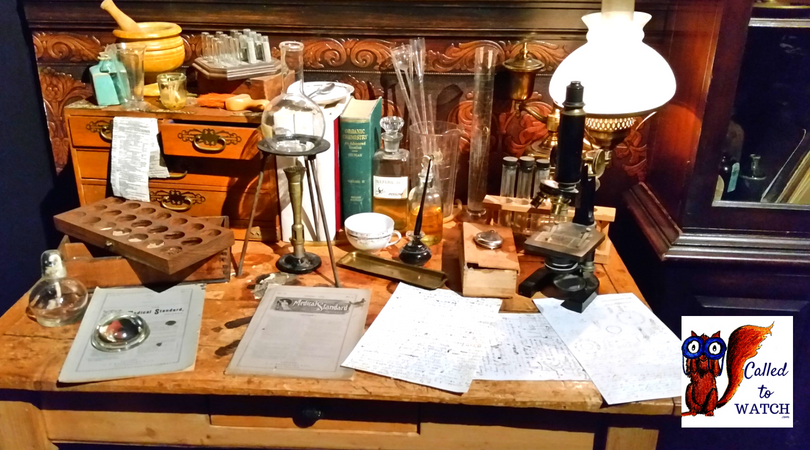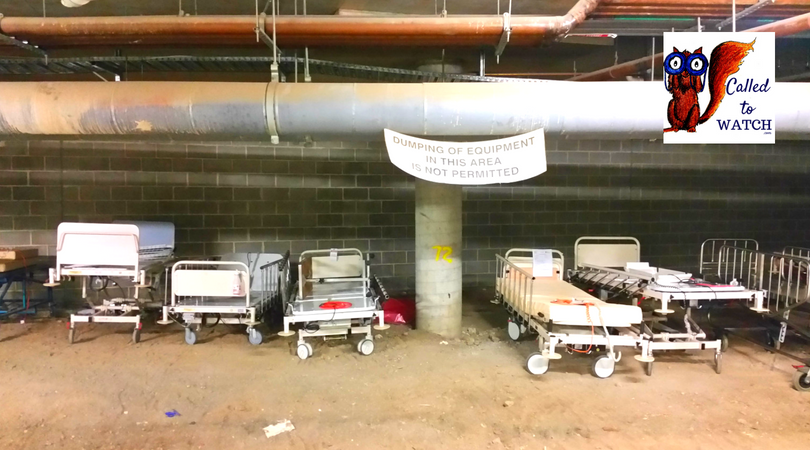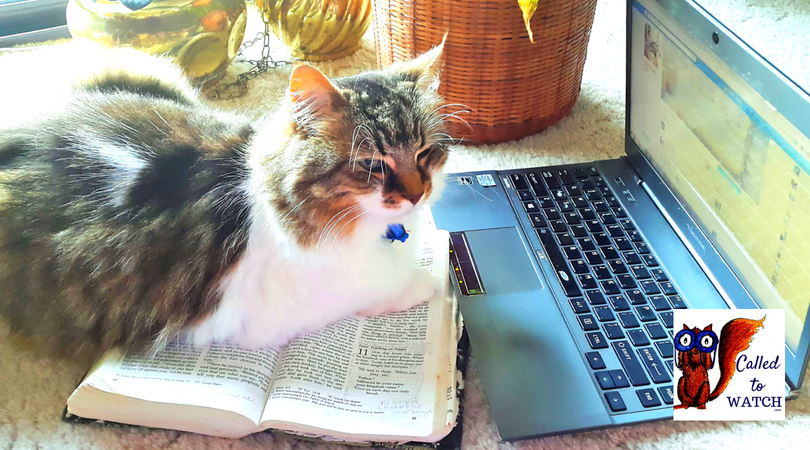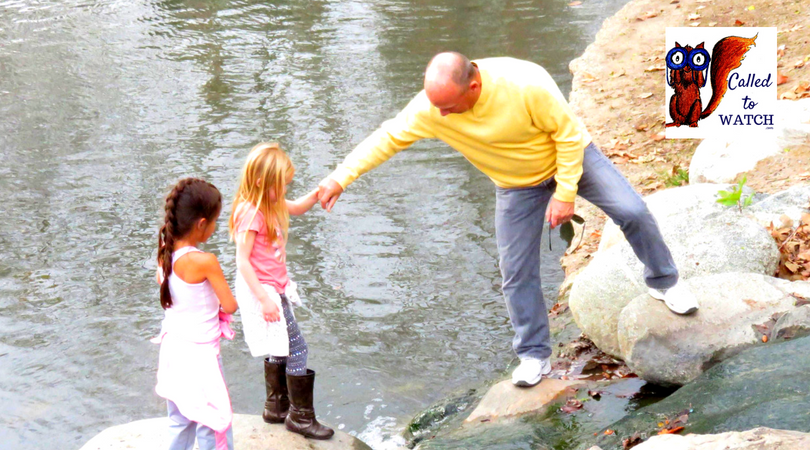Do you feel that if only you had a polished version of your life, it would be a enough to redeem your suffering, because then it would have a purpose?
In short, do you ever neglect your role as a Watcher in order to become ‘Biographer’?
This is what it looks like:
You are often on the look-out for a purpose or a theme behind your Loved One’s suffering, or in day to day occurrences
You have a yearning desire to put each new experience into words so that others can learn
You are tempted to dismiss parts of life which don’t lend themselves to ‘story’
You are drawn to those areas of life which seems just a little bit more dramatic, heroic or exciting
You feel that your life and experiences are wasted if nobody reads about it and learns
I’m going to switch to ‘we’ now, because this is something I am guilty of at times…
Continue reading “How to write about Chronic Illness (Watchers, we are not Biographers)”










